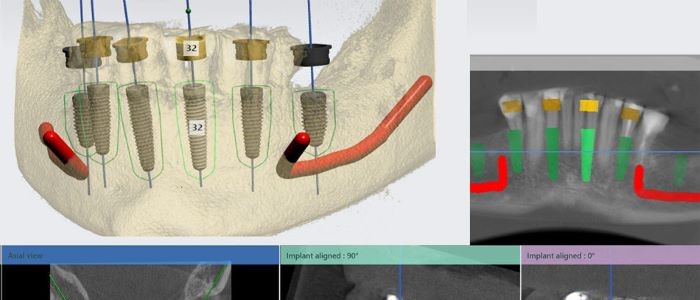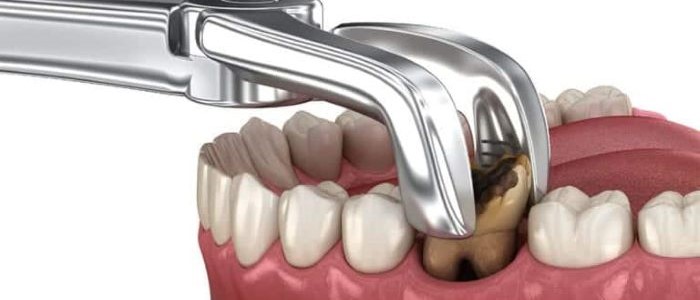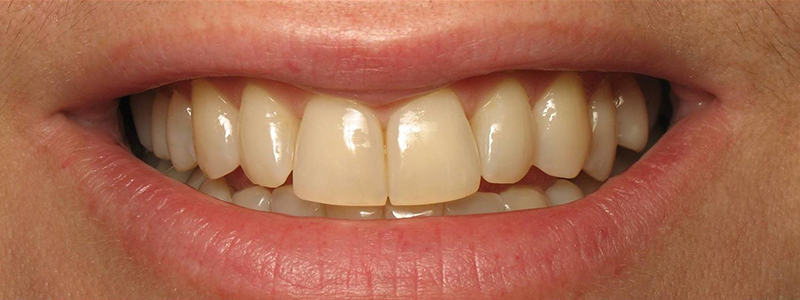Gone are the days of metal braces being the only option for straightening teeth. Invisalign offers a modern, subtle, and effective way to achieve the smile of your dreams. At Studio Dentale, a premier dental clinic in Kathmandu led by the skilled Dr. Nikita Agarwal, Invisalign has transformed countless smiles, making it the perfect choice for orthodontic care in 2025.
What Makes Invisalign Special?
Invisalign stands out for its innovative approach to teeth straightening. Here’s why it’s the top choice for patients seeking convenience and comfort:
- Nearly Invisible Aligners
Made from clear plastic, Invisalign aligners are virtually undetectable, allowing you to straighten your teeth without compromising your confidence. - Custom-Made for Your Smile
Each aligner is uniquely designed for your teeth, ensuring a comfortable fit and effective treatment. - Removable Flexibility
Invisalign aligners are easy to remove, making it simple to enjoy meals, brush your teeth, or attend special events without interruption. - Advanced Technology
Invisalign utilizes 3D imaging to create a precise treatment plan, letting you visualize your results before even starting the process. - Fewer Visits, Faster Results
With fewer in-office appointments and shorter treatment durations for many cases, Invisalign fits seamlessly into busy lifestyles.
Why Choose Studio Dentale for Invisalign?
At Studio Dentale, Dr. Nikita Agarwal combines expertise with a patient-focused approach to deliver exceptional results. Here’s why patients in Kathmandu trust her clinic for Invisalign:
- Experience and Expertise: Dr. Agarwal has extensive knowledge in orthodontics and cosmetic dentistry, ensuring a smooth and effective Invisalign journey.
- State-of-the-Art Facility: Studio Dentale is equipped with the latest technology to provide precise diagnostics and tailored treatments.
- Personalized Care: The team prioritizes patient comfort, offering guidance and support at every stage of the treatment.
Is Invisalign Right for You?
Invisalign can correct a range of orthodontic issues, including:
- Crowded or spaced teeth
- Overbites, underbites, and crossbites
- Relapse from previous orthodontic treatment
Dr. Nikita Agarwal will assess your unique needs during your consultation at Studio Dentale to determine if Invisalign is the best solution for your smile goals.
Start Your Smile Transformation Today
2025 is the year to invest in yourself and your confidence. With Invisalign at Studio Dentale, you can achieve a straighter, healthier smile discreetly and comfortably.
Book your consultation with Dr. Nikita Agarwal at Studio Dentale in Kathmandu and take the first step towards a radiant, aligned smile!














